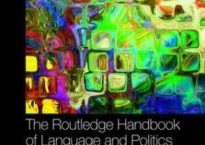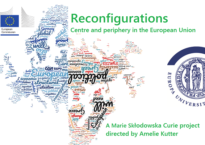Krisen und Krisennarrative in Südwesteuropa. Workshop für Teilnehmende des Regionaltreffens der Studienstiftung des deutschen Volkes
In den vergangenen zwei Jahrzehnten haben die Gesellschaften Frankreichs, Italiens, Portugals und Spaniens umfassende Krisen durchlaufen. Die Corona-Pandemie markiert einen Wendepunkt im Krisenmanagement auf nationaler und europäischer Ebene: anstelle von Sparprogrammen legen Regierungen und die Europäische Union Investitionsprogramme auf, die auf soziale Absicherung, Wirtschaftssubventionen und Infrastrukturmodernisierung abzielen. Der Workshop ‚Krisen und Krisennarrative in Südwesteuropa‘ erkundet Gründe für diesen Politikwechsel. Er legt besonderes Augenmerk auf die Rolle von Krisennarrativen bei der Formulierung von Politiken des Krisenmanagements.


